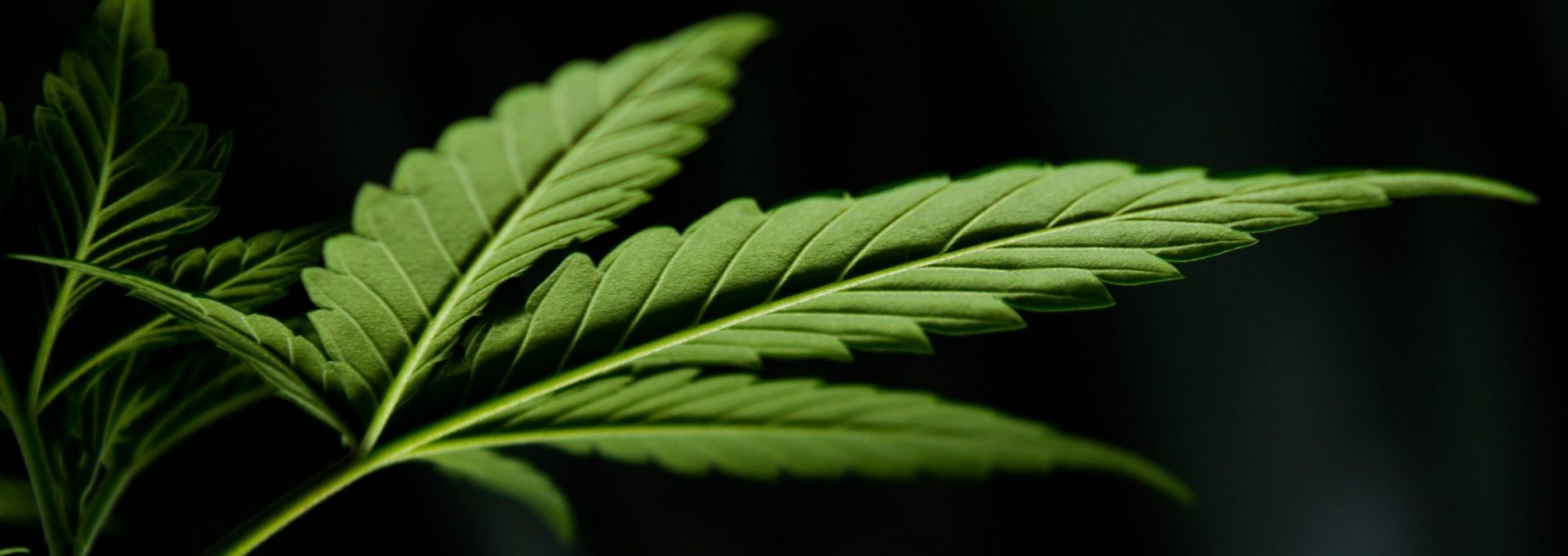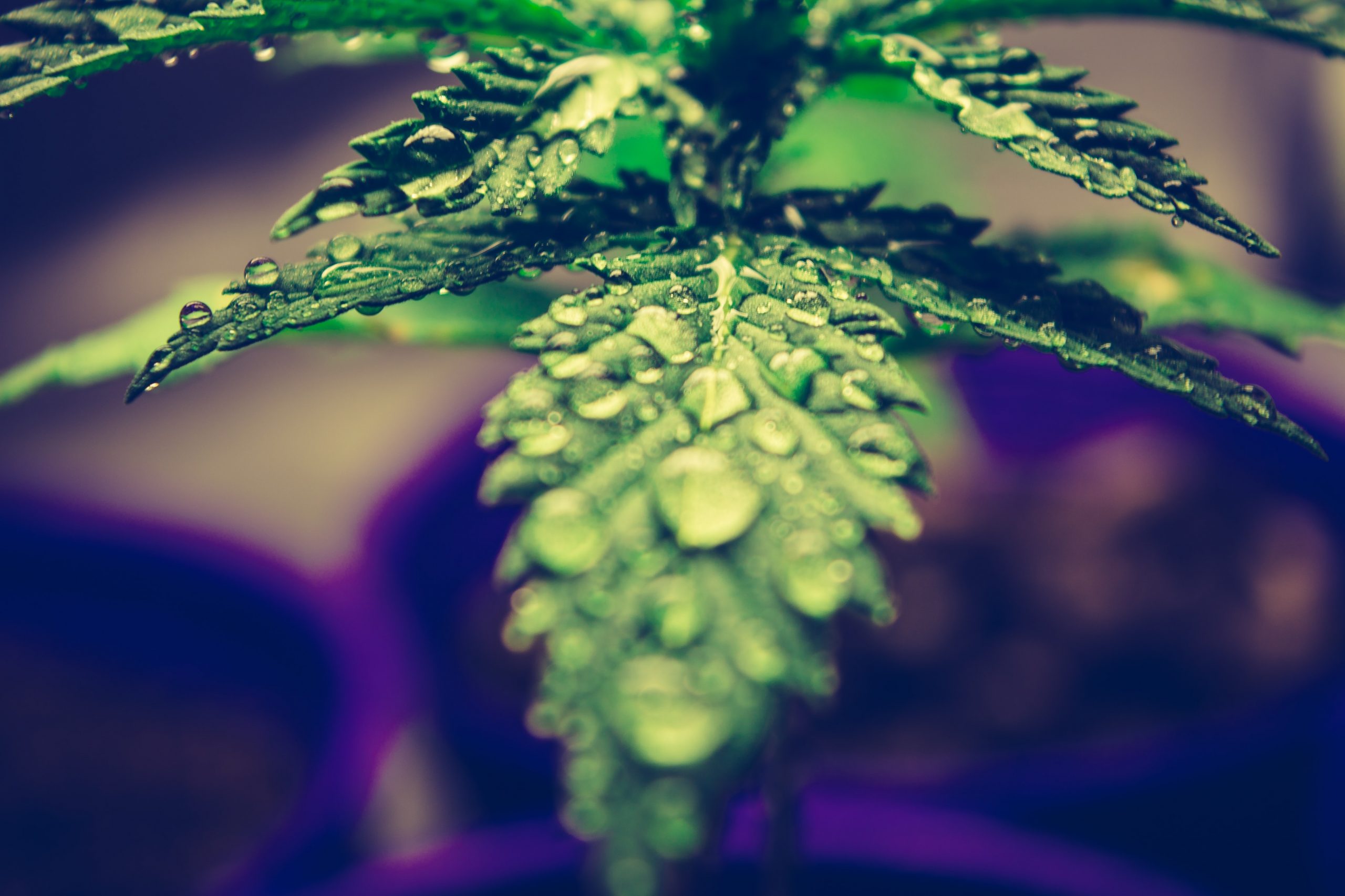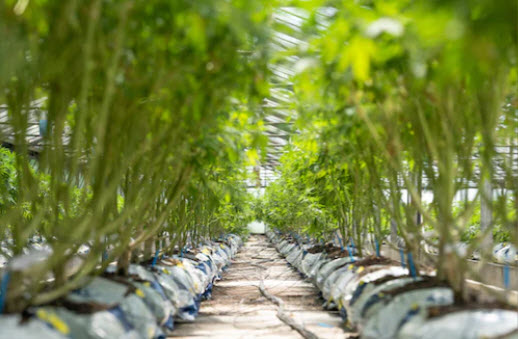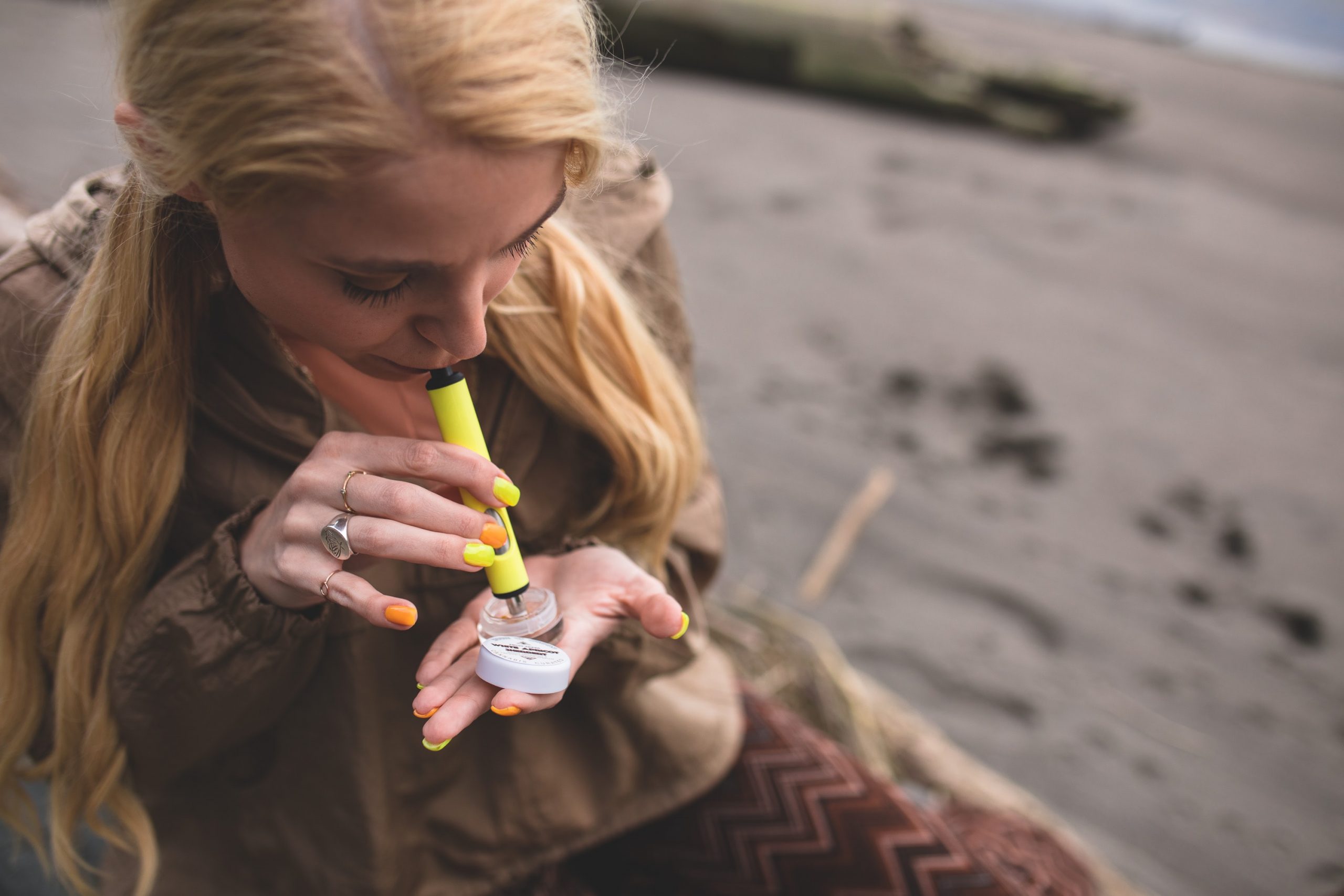A draft of the pending legislation has been leaked to the German Press Agency (DPA) about the strict rules the government is planning for cannabis clubs. But is this approach really the best way to go about this process of “legalization lite?
According to the information obtained by the German press agency (DPA), the German government has now floated its first cannabis reform lite legislation draft.
The following issues have been addressed:
- Cannabis clubs are supposed to be “pure cultivation associations.” This means that they are organizations that can only grow cannabis. There is no provision for consuming the drug on the premises and delivery services will be tightly regulated as well. Such organizations are also expected to have similar operations to dispensaries in both Holland and the United States – namely the installation of security measures, where they may be located, how members may access the facility and how they operate beyond this.
- Every cannabis club association must have operational guidelines that include prevention and youth protection programs. They must also have a board of directors, all of whom must be registered in the register of associations and must present a certificate of “good conduct.” Whether this will exclude patients who have busted previously is another discussion as well as casual users who might have possession records previously.
- The club must document the entire seed-to-sale process, and further which members have been given what. How this is NOT a privacy violation is one issue. How this will be organisationally possible is another discussion. Short of implementing a government software program that is then distributed to the clubs, there is little way that this process is going to be successful. The clubs must further document how many plants have been sold, or destroyed, along with current stock. Given the nature of the clubs – namely that they have to be non-profit, this is essentially creating business conditions that are expensive and challenging to fulfill even for commercial operations – which also have to hire expensive consultants and specialists to help with this process. How this will be affordable for non-profits is an entirely different question, but a large and pending one that so far has not been addressed, particularly with operations that are limited in how many members may belong and how much can be sold to each member.
- Public consumption in “pedestrian” zones will be banned between 7 am and 2000 hours.
Biggest Issues So Far
There are several pressing questions involved in all of this. Starting with, given the fact that they must operate as non-profits, where the capital to start a club of this kind will come from and how this investment will get paid back. Growing enough cannabis to keep up to 500 members in their allotted 50 grams a month is one thing. Cultivating it professionally is another. Figuring out how to do this successfully financially is going to be very challenging to most. And tracking it in a way that appears to be similar to commercial distributors seems to be setting a very high bar that most organizations in the offing will never be able to meet.
It also seems that the government is creating requirements that are so onerous that most local groups will never be able to comply, starting with expenses required and further working this into a cost structure that allows the club to (eventually) break even.
Beyond this, it is almost inevitable that such clubs will be required to have at least one qualified person, even if it is a cultivator with extra duties, to make sure that the cannabis is properly and cleanly grown, what to do about the failure of provision, and further, basic consumer protections, such as where to go and what to do in the case that a club provides cannabis that is contaminated or uses materials in the cultivation process that are clearly verboten.
National Training Certification?
One of the way the government might begin to address these concerns is to set up required training classes for every hopeful club organization., There is little chance that most clubs will be in compliance from the word jump, and many reasons why they will need some kind of professional help in setting up operations. Why a non-profit cultivation facility, of whatever size, should be “better” if not more inexpensively set up such infrastructure when this has proved challenging even to companies who have raised billions of dollars or euros is a faulty assumption that is bound to be a problematic Achilles heel beyond the other issues raised.
Beyond this, there is still no mention, so far at least, of a trial-and-error period when establishing clubs are sure to be subject to close oversight by authorities, starting with the police.
Early Days
There are obviously a lot of questions still floating, but these are early days yet. True to form, certainly when it comes to cannabis, the government seems intent on leaking “straw men,” to the press before it does anything.
This news nugget appears to be more of the same via the same tactic.
Regardless, the good news is that both home grow and clubs seem to be on track for approval some time this year. And that is a victory worth celebrating, no matter the challenges that clearly loom as this entire conversation progresses.









